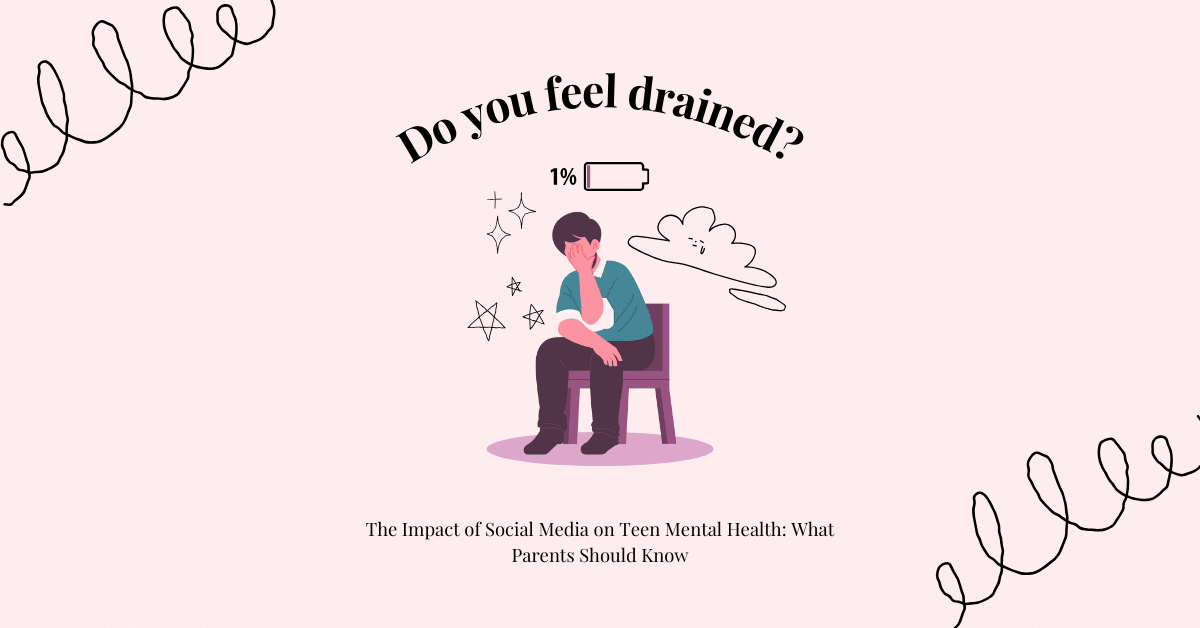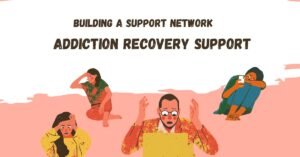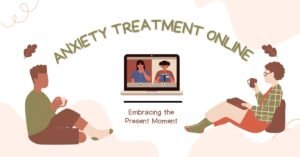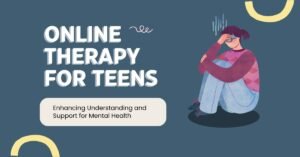In today’s digital age, social media has become a big part of our lives, especially for teens. While social media can be a way to connect with friends, learn new things, and have fun, it can also have negative effects on teen mental health. It’s important for parents to understand the social media effects on teen mental health and learn how to guide their teens through this challenging digital landscape. This article will explore the impact of social media on adolescent psychology, the risks like cyberbullying and excessive screen time, and how parents can ensure their child’s digital well-being.
Social Media and Teen Mental Health
Social media plays a significant role in shaping how teens see themselves and the world around them. On one hand, it allows teens to share their thoughts, express themselves, and stay connected with friends and family. On the other hand, spending too much time on social media can lead to negative feelings, anxiety, and even depression.
Social media effects on teen mental health include feelings of inadequacy, loneliness, and social pressure. Teens may compare themselves to others online, leading to negative self-esteem. They often see edited, perfect pictures of other people’s lives, which can make them feel like they don’t measure up. Over time, this can affect their overall emotional health.
Adolescent Psychology and Social Media
Adolescence is a critical time for mental development. During these years, teens are trying to figure out who they are and where they fit in. Social media can amplify the challenges teens face in finding their identity. Adolescent psychology suggests that teens are especially sensitive to peer influence. This makes them more vulnerable to the social pressures that social media can create.
Teens are also more likely to seek validation from their peers online. When they don’t receive as many likes, comments, or followers as others, it can affect their self-esteem. This constant need for approval can create a cycle of anxiety and stress. Understanding how social media interacts with a teen’s developing brain is key for parents to help guide their children.
The Risks of Cyberbullying
One of the major concerns for teens on social media is cyberbullying. Cyberbullying is bullying that happens online, through comments, messages, or posts. It can be just as harmful as face-to-face bullying and, in some cases, even more damaging because it can happen 24/7. Teens who are bullied online often feel like they have no escape.
Cyberbullying can have severe effects on a teen’s mental health, leading to anxiety, depression, and in some cases, suicidal thoughts. It’s important for parents to be aware of the warning signs of cyberbullying, such as changes in mood, avoiding social situations, or suddenly deleting social media accounts. Parents should encourage open conversations about online behavior and how to deal with negative interactions online.
Managing Screen Time
One of the biggest issues parents face today is managing their child’s screen time. Excessive screen time, especially on social media, can impact sleep, concentration, and overall mental well-being. Teens who spend too much time online may neglect important activities like homework, physical activity, or spending time with family and friends in person.
Research shows that more than two hours a day of screen time on social media can increase the risk of mental health issues in teens. It’s important for parents to set limits on how much time their child spends on social media each day. Encouraging healthy screen habits, such as taking regular breaks and turning off screens before bed, can help protect your teen’s mental health.
Promoting Digital Well-Being
Digital well-being is about finding a balance between using technology and maintaining a healthy lifestyle. Parents play a crucial role in promoting their teen’s digital well-being. This can be done by encouraging teens to use social media mindfully, making sure they follow positive accounts that promote healthy messages, and reminding them that what they see online isn’t always real.
Parents should also model good behavior when it comes to screen time. If parents are constantly on their phones or devices, teens may feel like they should do the same. Showing teens how to use technology in a balanced way can help them develop healthier habits.
Parental Guidance for Social Media Use
It’s important for parents to guide their teens in the right direction when it comes to social media use. Here are some tips for parental guidance:
- Have open conversations: Talk to your teen about the benefits and risks of social media. Ask them how they feel when they use it and what kind of content they engage with.
- Set boundaries: Create rules for when and where your teen can use social media. For example, no phones at the dinner table or turning off devices an hour before bedtime.
- Monitor without invading privacy: Keep an eye on your teen’s social media activity, but respect their privacy. It’s important to find a balance between protecting them and giving them independence.
- Encourage real-life connections: Help your teen build strong relationships outside of social media. Encourage face-to-face time with friends and family to remind them that real-life connections are important too.
Resources for Youth Mental Health
If your teen is struggling with the effects of social media, it’s important to seek help. There are many youth mental health resources available that can provide support for both teens and parents. Services like those offered by Passages WV provide counseling and mental health support for teens who are facing challenges related to social media use or other mental health concerns.
Don’t be afraid to reach out to a professional if your teen is showing signs of distress, anxiety, or depression. Early intervention can make a huge difference in helping teens cope with the pressures of social media.
Conclusion
Social media is here to stay, and while it offers many benefits, it can also have a significant impact on teen mental health. As a parent, it’s essential to understand the social media effects on teen mental health and provide the right guidance and support. By staying involved, setting boundaries, and promoting healthy screen habits, you can help your teen navigate the challenges of social media in a positive way.
Remember that you’re not alone in this journey. If you’re concerned about your teen’s mental health, consider reaching out to a mental health professional or visiting Passages WV for more information on youth mental health resources and counseling services. Together, we can help teens grow up in a world where they feel safe, supported, and mentally healthy.







